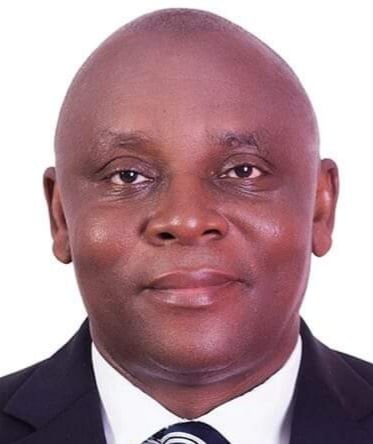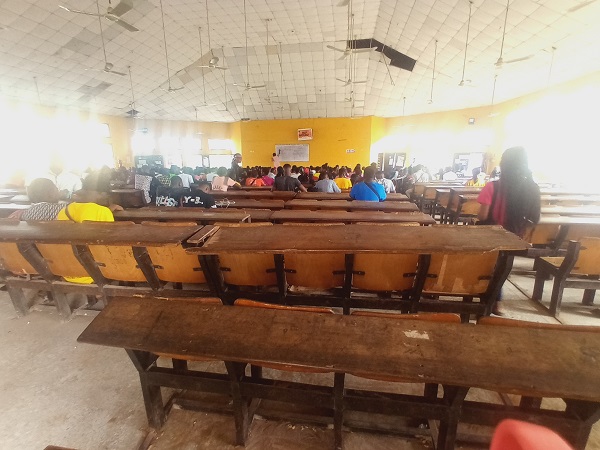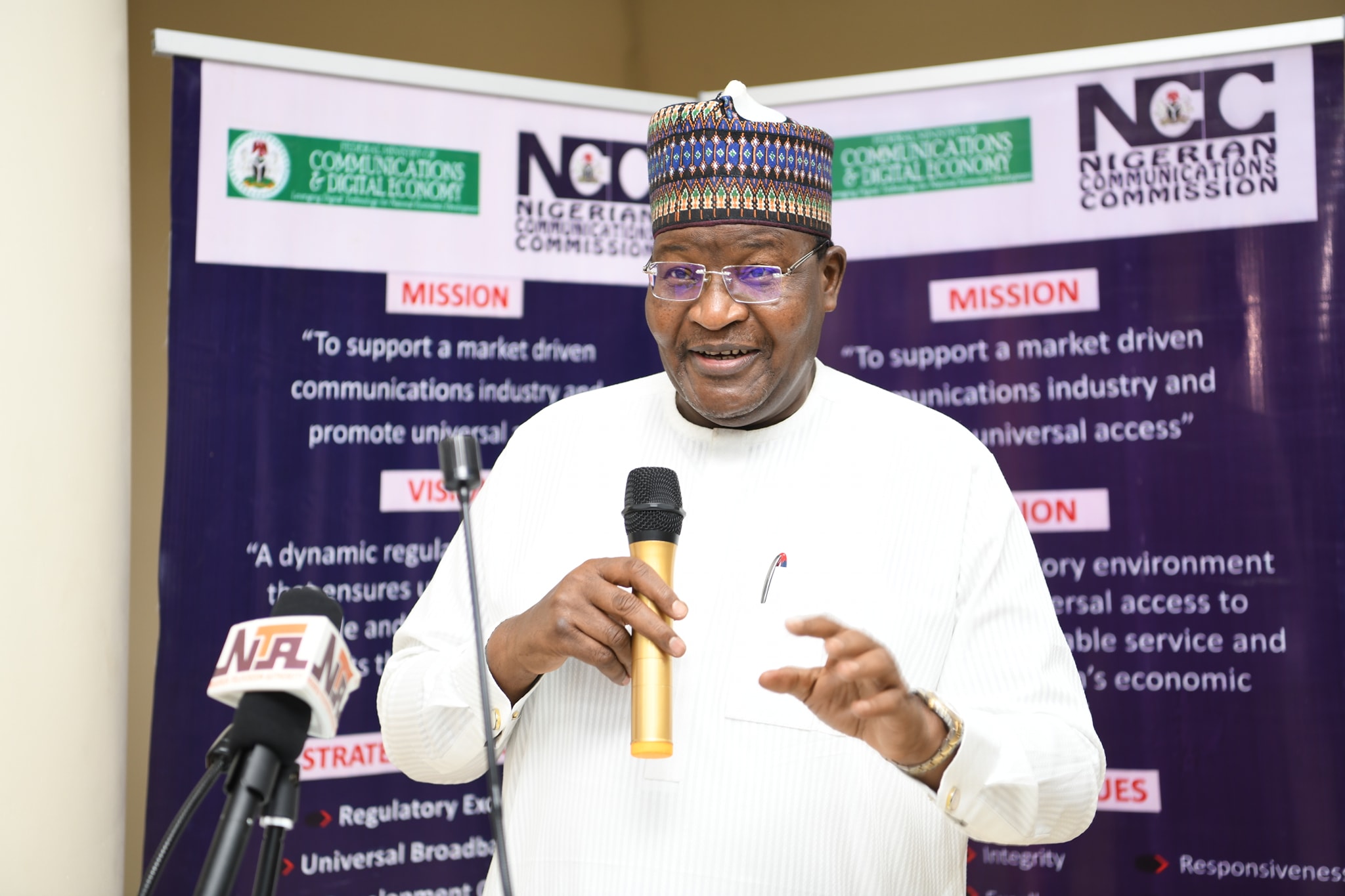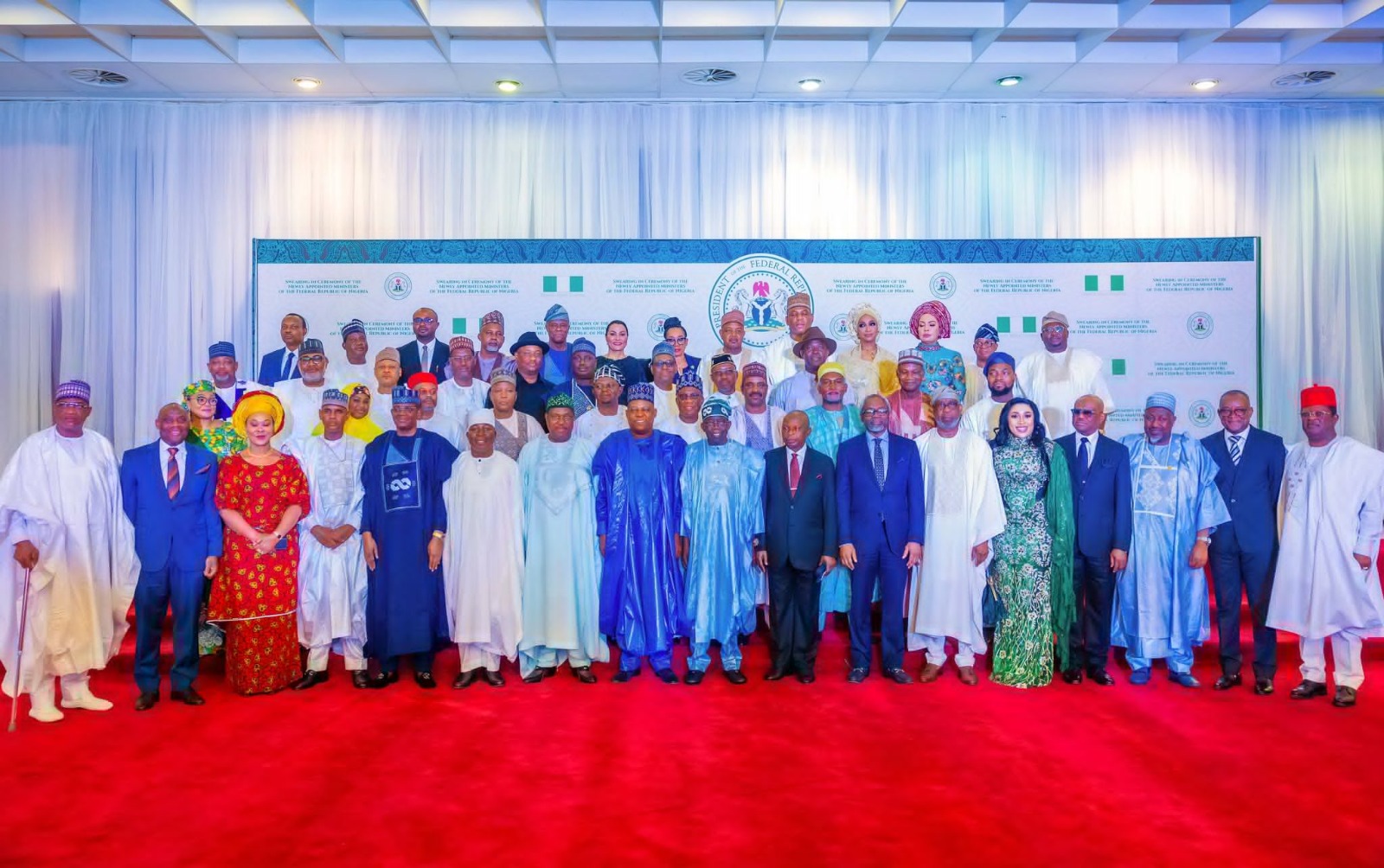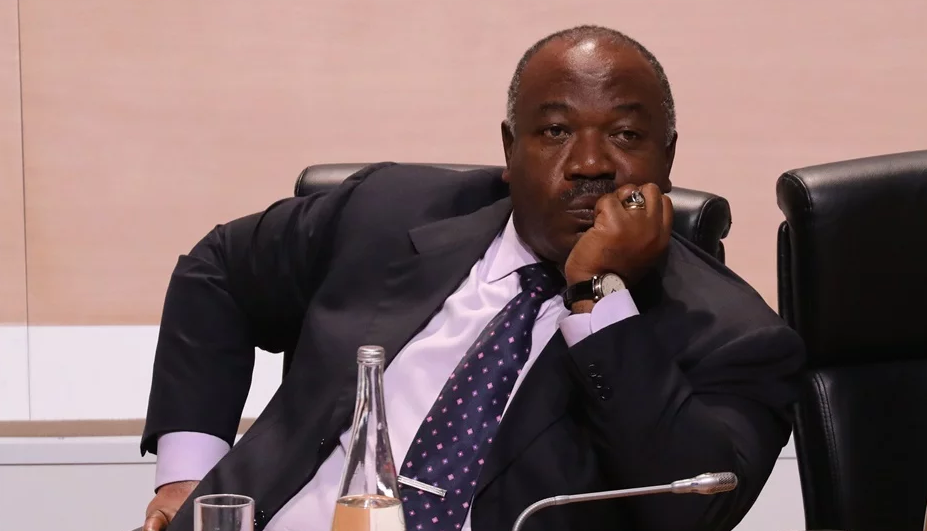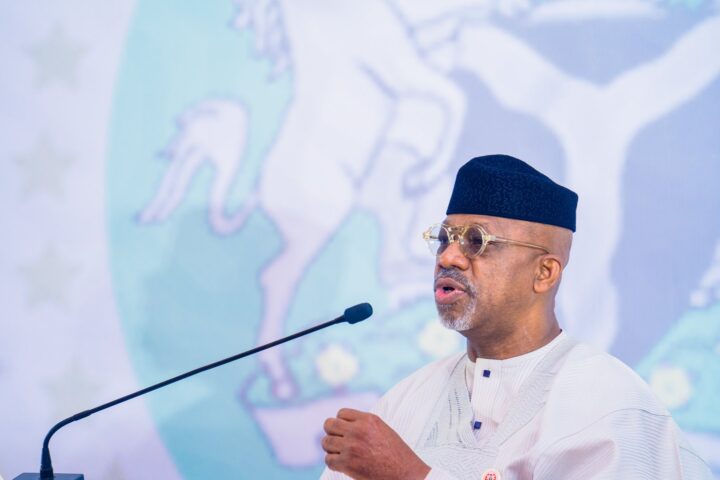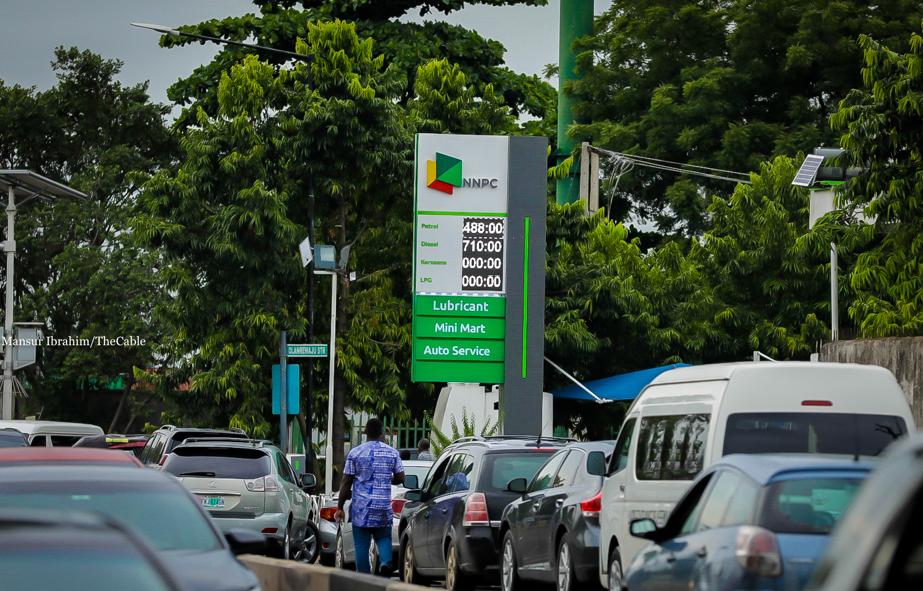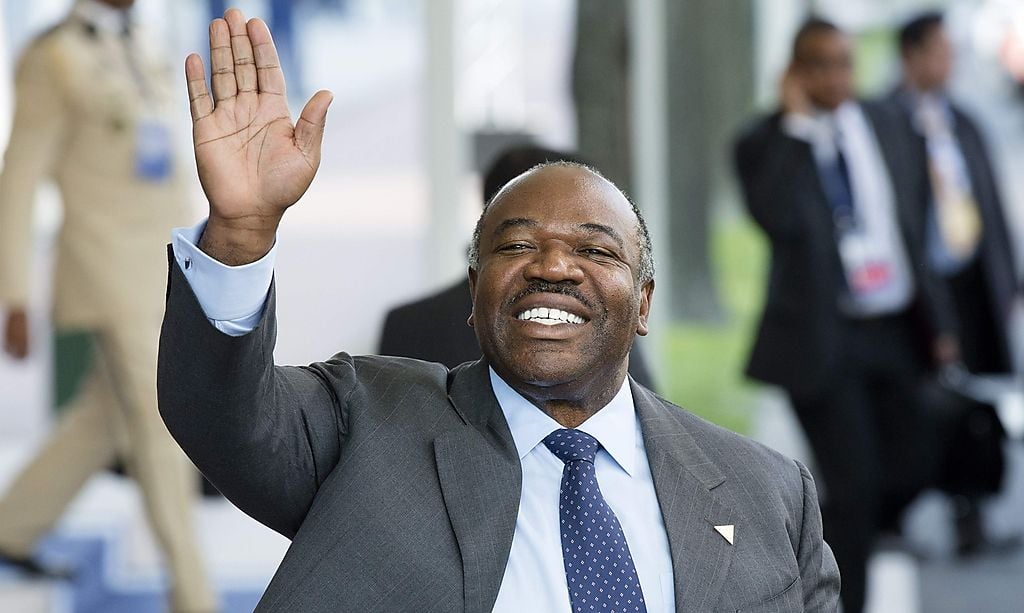A new school year begins this month across the country and over two million university students will return to classes in the nation’s 170 universities. Of these, 79 are privately owned, either by individuals, foundations or faith-based organisations; 43 are owned by the federal government and 48 are owned by the 36 states. The students are returning to the same old problems on their campuses, which are particularly more acute in the public institutions than the private ones. Although the private universities do fare relatively better in terms of infrastructure, facilities and governance, our public universities have completely broken down and I will like to ask the Bola Tinubu administration to pay particular attention to this.
The major problem that debilitates our public universities is poor funding and this leads to other problems such as lack of adequate lecture rooms; lack of laboratories, lab equipment and reagents; inadequate libraries, books and journals as well as hostel and office accommodation. Just like the rest of the country, they also suffer from inadequate electricity and many other facilities. Poor funding also means poor remuneration for faculty and non-faculty members, and this, in turn, usually triggers labour crises and disruptions of academic calendars.
In other words, we have a poorly paid and poorly motivated workforce in these universities who are no longer interested in training and moulding the characters of our young folks, but are more bent on supplementing their incomes by selling lecture notes and extorting money from their students. Our public universities have become breeding grounds for social deviants, cult groups, thieves and perverts, among others. The overall impact of these is that our children graduate from these universities poorly trained, ill-equipped and unprepared to enter either the labour market, proceed to graduate studies or create their own jobs. They not only become helpless to themselves, but are also dependent on their parents and relations and become a burden to society.
Nigerian universities also lack linkage and partnership arrangements with international universities. When last did any of our universities collaborate with foreign institutions in conducting cutting-edge scientific research? Our professors seldom take up fellowships in other international institutions and this lack of exposure hampers learning.
Advertisement
The private universities, especially those owned by the mega-churches, are well-resourced, and so they fare better. Their campuses look decent and well-kept, and the facilities appear modern and adequate. Some private universities are however struggling to meet their financial needs as students’ enrolments have fallen short of expectations. Every year, over 70% of about 1.5 million young folks who seek university admissions in Nigeria apply to the 91 publicly-owned universities mostly due to affordability factor, while the rest who are from relatively well-to-do families choose the private universities. Federal government-owned universities are tuition-free, but students are required to pay some charges that could amount to a paltry N100,000 per session.
Students in state government-owned universities, however, pay tuition fees, ranging from N100,000 to N300,000 per session, in addition to other sundry charges. The fees vary from state to state. Lagos State University (LASU), for example, charges far more than Nassarawa State University! In addition to inadequate funding, public universities also suffer from corruption and misgovernance.
It’s not uncommon to see a fight erupt now and then between Governing Council members and Vice Chancellors over contracts. But private universities, on the other hand, cater for students from families that can afford them. Their fees are higher than what the public institutions are charging. Faith-based institutions like Covenant University (owned by Winners Chapel/Bishop David Oyedepo) and Redeemers University (owned by RCCG) charge moderately because they receive a lot of additional funding from their respective missions.
Advertisement
So, overall, we have a situation in which only about 20% to 30% of Nigerian university students receive adequate learning in a conducive environment because they happen to be schooling in private universities. The rest are languishing in public institutions, facing constant sexual harassment from old professors with high libidos or coping with the menace of gun-wielding cult members. How things have changed! When I graduated 38 years ago, UNN looked very much like a small American college.
It was a beautiful campus with wide tree-lined roads, nice buildings and sports facilities. The swimming pool was still functioning. Pray! Is there any government-owned university with a pool today? The big students’ hostels were named after Africa’s icons (Awolowo, Akintola; Azikiwe; Ahmadu Bello; Balewa; Eyo Ita; Nkrumah; Eni Njoku and Mary Slessor); the faculty buildings took the names of global icons (Jackson; Sapara; Cardoso, Alexandria; etc) while the two main refectories were named after Margaret Ekpo and Oba Akenzua. The first assignment a curious freshman would give himself was to find out who these persons were. But things have grown worse since then. We have not only lost our history as a nation, we have also lost our values, and our students are now in a quagmire. Campuses are no longer fun places for our young adults. I pity the new generations.
So, where do we go from here? The federal and state government governments must make education a priority in the next four years and our universities must be adequately funded. More private universities are needed to fill the gaps in our education system. It is notable that with the sharp increase in fuel price tax imposed by the new administration (we call it subsidy removal), governments’ revenues have improved considerably since June.
Education and health should take the lion’s share of the national and states’ budgets, and these monies should be used judiciously in improving our public universities. Governing councils should be composed of persons of high integrity whose preoccupation will not be to make money from contracts. Making our universities work is a better palliative than sharing grains of rice! The private sector also has a role to play. In that case, more of our wealthy businessmen and women should establish universities and be ready to fund them adequately. In this new age, university graduates should be job creators, but not job seekers!
Advertisement
Views expressed by contributors are strictly personal and not of TheCable.
